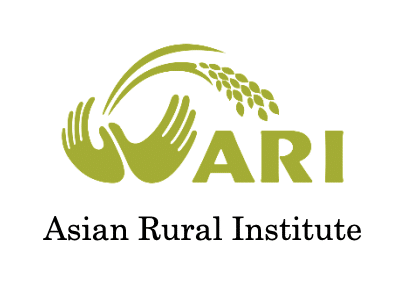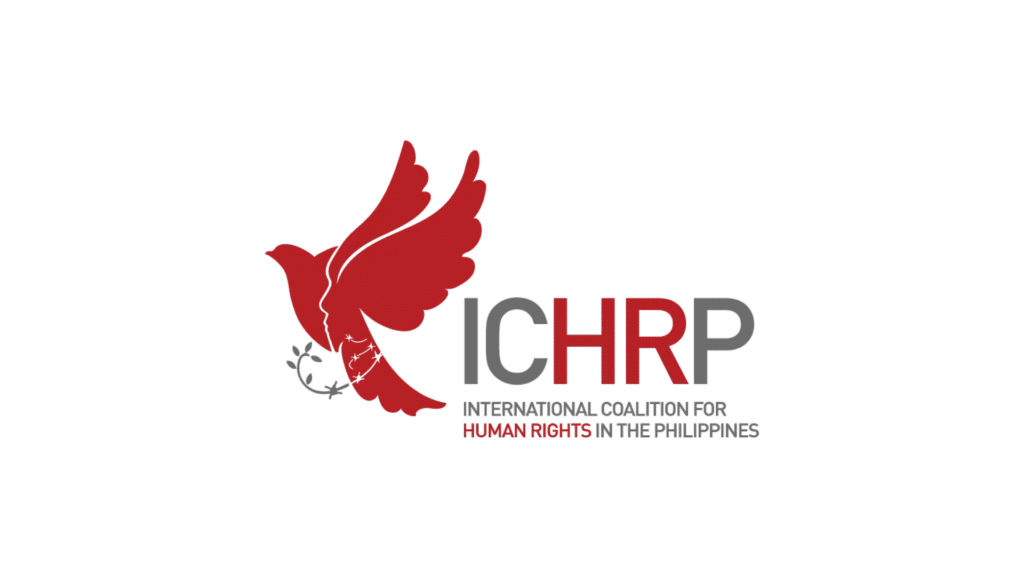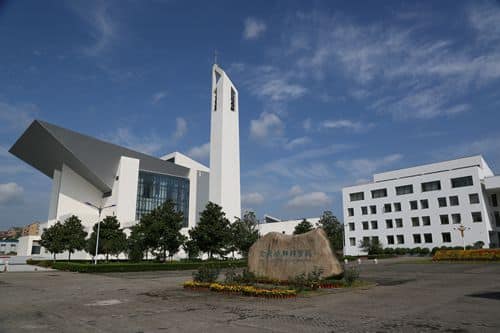The Emmaus Disaster Relief Center
Japan
Read the latest update from The Emmaus Disaster Relief Center
History and Relationship to Global Ministries
Established in 2001, the Emmaus Center is an ecumenical church-based community center for the church and the wider public. Christians number one percent of the population in Japan. The Emmaus Center is one vital way for the church to contribute to society. A strong youth outreach program ministers to many young people who study in the city of Sendai in northeastern Japan. Global Ministries has strong historical ties to the city of Sendai and has worked closely in the area of youth ministries with its partner church, the United Church of Christ in Japan (UCCJ – known as Kyodan), ever since the inception of the Sendai Student Center in 1951.
Kyodan Responds to Triple Disaster of March 2011
On the 11th of March 2011, a devastating earthquake registering nine on the Richter scale shook the northeastern coast of Japan. The tsunami which followed hit 350 miles of coastline, devouring many towns and villages. The tsunami claimed 15,000 lives, and 230,000 people yet live in temporary housing more than 18 months after the disaster. Entire communities were devastated. Many people lost their jobs and means of livelihood. Then, on March 12th, the nuclear reactors in Fukushima exploded, sending radiation into the atmosphere.
Soon after the disaster, Global Ministries partner church, the Kyodan, designated the Emmaus Center as a relief center to help the tsunami survivors. A central office was established in Sendai at the Emmaus Center, along with a satellite office in the coastal city of Ishinomaki. In the initial year after the disaster, the Emmaus Center housed and provided meals for 2,500 volunteers, most of whom were young, and 80 percent of whom were non-Christian, to work with families in two localities: Shichigo and Ishinomaki.
After the initial phase of mud removal and house cleaning, volunteers began and still today assist the survivors in many ways. The motto of the Emmaus Disaster Relief Center is “To Walk Alongside the Survivors” until they find renewed hope in their lives. The Emmaus story in Luke 24 provides this vision.
Relief efforts include:
- help with removal of debris in the fields,
- daily visits to people in temporary housing,
- organization of special events like festivals and sports events to bring people back into the community,
- after-school programs for children of the affected areas,
- delivery of needed items according to the changing seasons such as fans, heaters, dehumidifiers, blankets, etc.
- involvement in the local council to help rebuild the villages.
Northeastern Japan is mostly rural, with many agricultural and fishing communities. It represents a less prosperous area of Japan. The communities in this region are largely composed of the elderly, the handicapped, and children. The daily outreach activities of the Emmaus Center are intended to show its commitment to be a constant presence in their lives as the survivors themselves continue to rebuild their own lives.
Global Minstries welcomes help in order to continue supporting the relief activities at the Emmaus Center:
Volunteer: The Emmaus Center accepts volunteers on a regular basis. Food and lodging are provided for a minimal cost. Volunteers from overseas are a welcome sign of solidarity. Please contact: Global Ministries Mission Personnel Office at bmiller@dom.disciples.org or (317) 713-2570.
Pray: On the 11th of each month, staff and volunteers join hands in a moment of silence in remembrance of those who died, as well as for those who continue to struggle after the disaster.
Financial gifts:
- $ 10 can buy a pot of flowers to take to surviving families to show care for them
- $ 50 can provide two warm blankets for people residing in temporary housing
- $100 can provide ten families living in temporary housing with disinfectants to protect from mold
- $200 supports food costs for 30 volunteers for 30 days
See a brief update on this project from missionary Jeffrey Mensendiek
February 2017
 It has been almost six years since the “triple disaster” in northeastern Japan. Over 140,000 people remain displaced. The Emmaus Center in Sendai and Ishinomaki, Japan provided relief for tsunami survivors in the initial stages and still continues to walk with survivors today. The Emmaus Center is dedicated to continuing this work “until the very last person moves out of temporary housing.”
It has been almost six years since the “triple disaster” in northeastern Japan. Over 140,000 people remain displaced. The Emmaus Center in Sendai and Ishinomaki, Japan provided relief for tsunami survivors in the initial stages and still continues to walk with survivors today. The Emmaus Center is dedicated to continuing this work “until the very last person moves out of temporary housing.”
In Sendai, recovery of the agricultural area has been a significant focus of the work of the Emmaus Center. Thankfully, this area has seen the revitalization of farmland since the triple disaster and normal life is in the process of resuming. Farmers are now self-reliant; therefore, the Emmaus Center has decided to conclude this piece of their work.
Other work is continuing in Sendai, though. Visiting individuals continues to be a focus for the Emmaus Center. As almost six years has passed since the disaster, the daily lives and mental state of most of the individuals have stabilized, but many survivors still struggle with memories of the disaster and feel anxious about the future. This is especially true for those with physical difficulties, the elderly, and individuals living with anxiety. Regular visits help to lessen loneliness, anxiety, and other emotional struggles.
 The Emmaus Center also continues to offer community programming like the “Sasakko Club” – a group that provides creativity and fun for children with roots in the disaster affected areas. Through this program, the Emmaus Center has seen children becoming more independent, proactive, and thoughtful of others. Beyond that, the Emmaus Center has partnered with the Sasayashiki neighborhood association to organize volunteer opportunities and community events for local residents.
The Emmaus Center also continues to offer community programming like the “Sasakko Club” – a group that provides creativity and fun for children with roots in the disaster affected areas. Through this program, the Emmaus Center has seen children becoming more independent, proactive, and thoughtful of others. Beyond that, the Emmaus Center has partnered with the Sasayashiki neighborhood association to organize volunteer opportunities and community events for local residents.
The largest focus of the work in Sendai is the work with temporary housing residents, and now, former temporary housing residents. Some temporary housing facilities were closed at the end of August 2016 and while some residents were moved to other facilities, others found more permanent housing. Programming continues, though, in an effort to keep the sense of community that has been fostered through the years since the disaster. This has been done at the request of the residents and former residents.
Some of the activities for these groups are tea times, exercise opportunities, luncheons, excursions, movie screenings, a bi-monthly newsletter, and cleaning up the outdoor spaces at the facilities. The Emmaus Center is also assisting with moves by helping to clean homes, disposing of unwanted items, and assisting with the set-up of new homes. Finally, the Emmaus Center is encouraging the formation of new and/or continuing groups led by current or former residents. The “Shichigo Area Reunion Association” was formed this past July in an effort for former residents of the Shichigo Central Park Temporary Housing Complex who had formed strong bonds to continue to nurture their friendships.
 In Ishinomaki, many similar activities are also happening. They are regularly visiting individuals as well as offering programs in temporary housing units including teatime, singing time, luncheons, handcrafting, and concerts. The Emmaus Center in Ishinomaki has likewise coordinated with local organizations to provide counseling and care for young parents.
In Ishinomaki, many similar activities are also happening. They are regularly visiting individuals as well as offering programs in temporary housing units including teatime, singing time, luncheons, handcrafting, and concerts. The Emmaus Center in Ishinomaki has likewise coordinated with local organizations to provide counseling and care for young parents.
They also host a playtime similar to the Sasakko Club called the “Ishinomaki Children’s Square.” It is a program for elementary school students and provides opportunities for handicrafts and outdoor recreation. Sometimes, the students also prepare lunch together. The first objective of this activity is to provide a space where children from different neighborhoods and housing circumstances can play together without an apparent divisive line. The second objective is to provide a time and space for their guardians to do the necessary things to put their lives back in order after the disaster.

Finally, the Emmaus Center in Ishinomaki hosts several volunteers each year and has created a “field study tour.” This tour takes volunteer workers to symbolic places that show the devastating impact of the earthquake, tsunami, and fires. Many volunteers find themselves moved to tears with stories of the quake and subsequent destruction. Many are also moved by how the local residents have re-organized and have moved forward even in the face of extreme difficulties.
Global Ministries continues to welcome gifts to the Emmaus Center and their life-giving work with disaster-affected communities in Sendai and Ishinomaki, Japan.
Support this Ministry
To make a gift for this ministry online or by check use the online donation page.
- 100% of your gift will be directed to The Emmaus Disaster Relief Center
- You will receive updates on the work in this area as they become available
- Share in the vision of God’s abundant life for all people
Related Content
Community at the Asian Rural Institute
By Lauren Reddin, Global Mission Intern at the Asian Rural Institute, Japan It has been a...
Read MoreICHRP Welcomes Duterte’s Arrest: A Landmark Step Towards Justice
The International Coalition for Human Rights in the Philippines (ICHRP) welcomes the arrest of...
Read MoreUpdate from Jinling Theological Seminary
Written by: G Lou, Mission Co-Worker in East Asia & Pacific Region Dear Brothers and...
Read More


